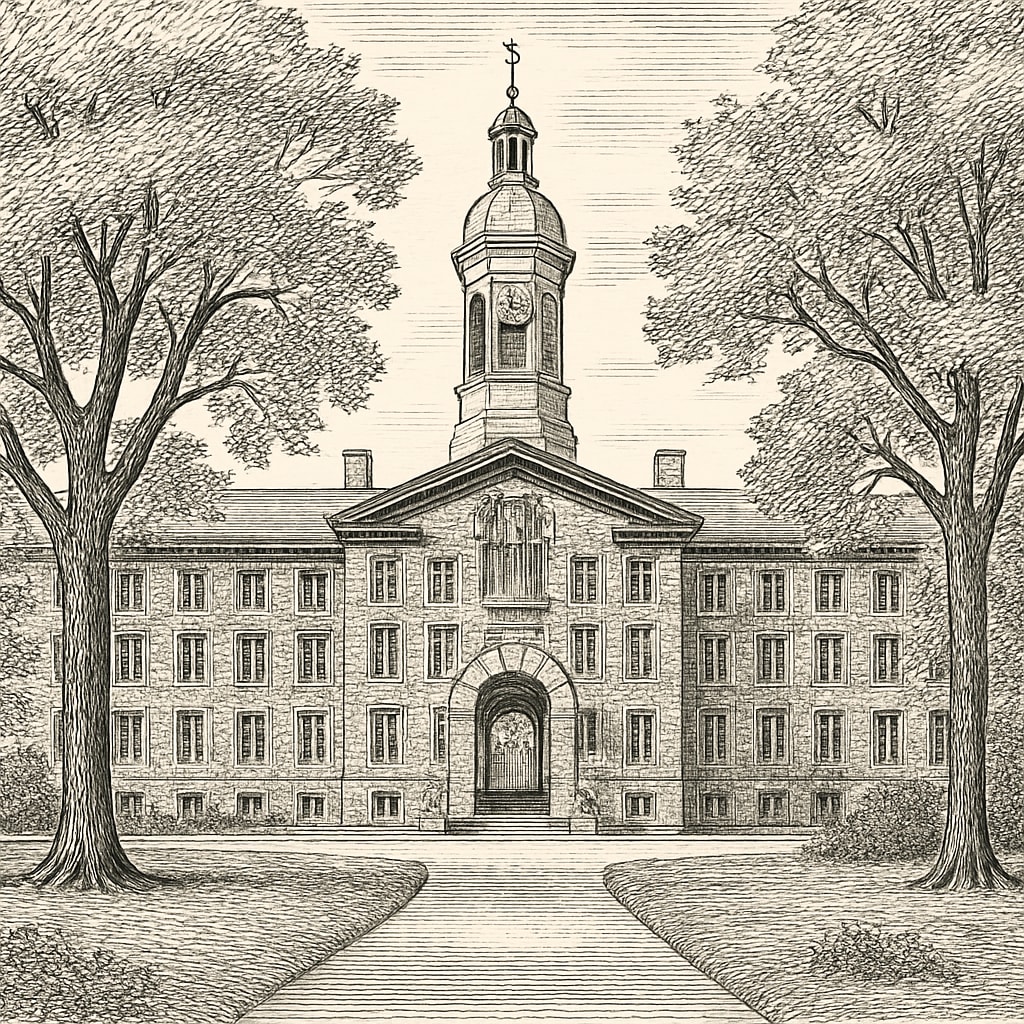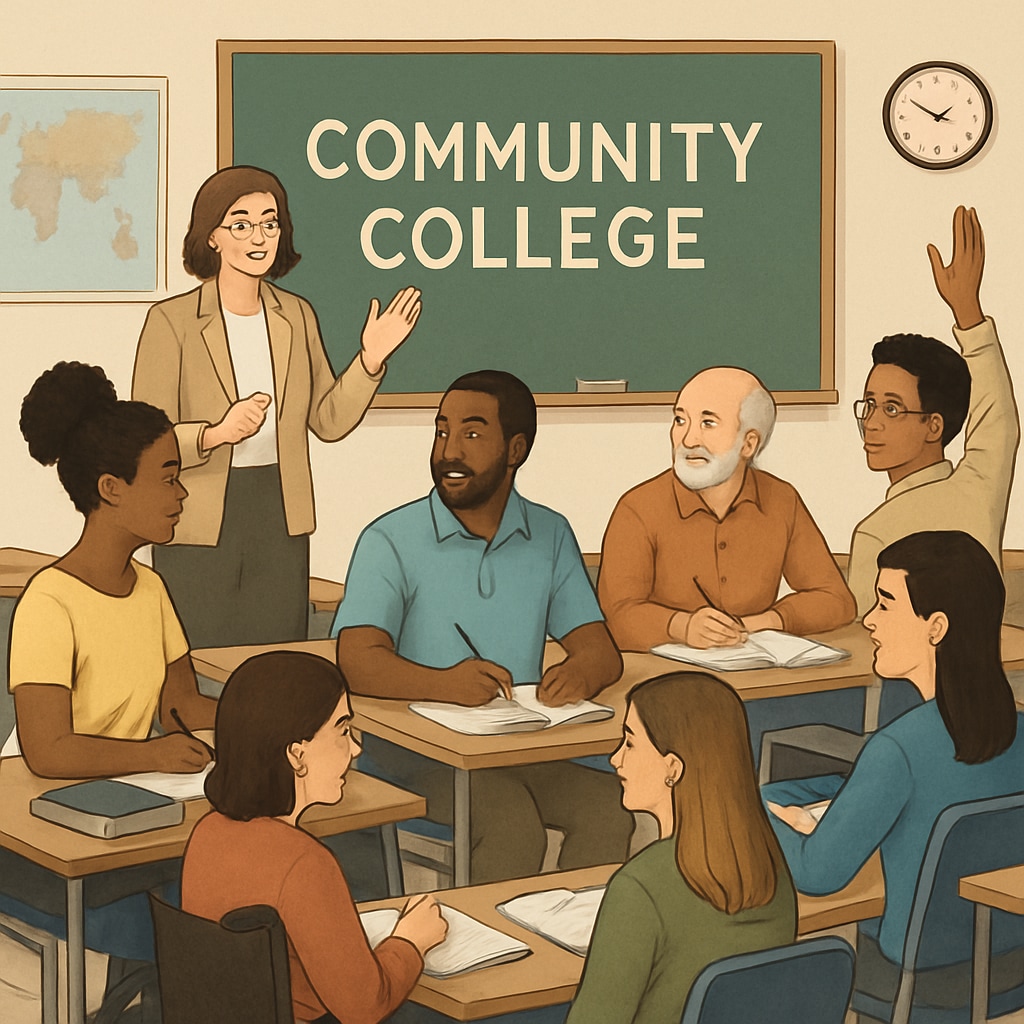When it comes to the pinnacle of academic achievement, few names carry as much weight as the Ivy League. Schools like Princeton are often viewed as the ultimate destinations for intellectual and professional success. However, this widespread reverence for Ivy League institutions raises an important question: are we overestimating the actual value of elite education? This article explores the myths, realities, and societal implications of the Ivy League’s enduring reputation.
Rethinking the Ivy League: Prestige vs. Practical Value
Princeton and other Ivy League schools are undeniably prestigious. Their long histories, esteemed faculties, and influential alumni have cemented their reputation as academic powerhouses. For many, a degree from Princeton symbolizes not just intelligence but also access to exclusive networks and unparalleled opportunities. But does this reputation truly align with the practical value these schools provide to society at large?
For instance, while Ivy League graduates often secure high-paying jobs or leadership positions, this success may stem more from existing privilege than the education itself. A recent study on the Ivy League revealed that a significant number of students come from wealthy families, raising concerns about accessibility and the perpetuation of social inequality. This suggests that the Ivy League’s prestige may be more about exclusivity than meritocracy.

Princeton and the Limitations of Elite Education
Princeton is often held as the crown jewel of the Ivy League, praised for its rigorous academics and small student-to-faculty ratio. However, such advantages also raise questions about the broader societal benefit of this model. While Princeton excels at nurturing individual excellence, it does little to address systemic issues in education, such as the quality of public schools or the rising cost of college tuition.
Moreover, the focus on Ivy League schools often overshadows other institutions that provide transformative education. Community colleges and public universities, for example, often serve more diverse populations and contribute significantly to workforce development. Yet, these contributions are frequently undervalued in the shadow of elite schools. As a result, society may be missing out on broader, more inclusive definitions of success.

Breaking the Myth: A Call for Educational Diversity
It’s time to challenge the narrative that Ivy League schools are the ultimate measure of academic and professional worth. Instead, we should celebrate a diverse range of educational paths. Success is not limited to the corridors of Princeton or Harvard; it can be found in innovative startups, public service, skilled trades, and countless other fields.
To achieve this shift, we must redefine how we measure educational success. Rather than focusing solely on prestige, we should prioritize outcomes like social mobility, community impact, and the ability to adapt to a rapidly changing world. Policymakers, educators, and society as a whole have a role to play in promoting these values.
Key Takeaways:
- While Ivy League schools like Princeton offer undeniable advantages, their societal impact is often overstated.
- The focus on elite education perpetuates inequality and overlooks the contributions of other institutions.
- Rethinking success requires valuing diverse educational paths and outcomes.
In conclusion, questioning the value of Ivy League education is not about diminishing its achievements but about expanding our understanding of what education can and should achieve. By broadening our perspective, we can create a more equitable and inclusive approach to learning and success.
Readability guidance: The article uses accessible language, short sentences, and clear transitions to ensure readability. Lists and subheadings organize the content, while external links provide additional context.


